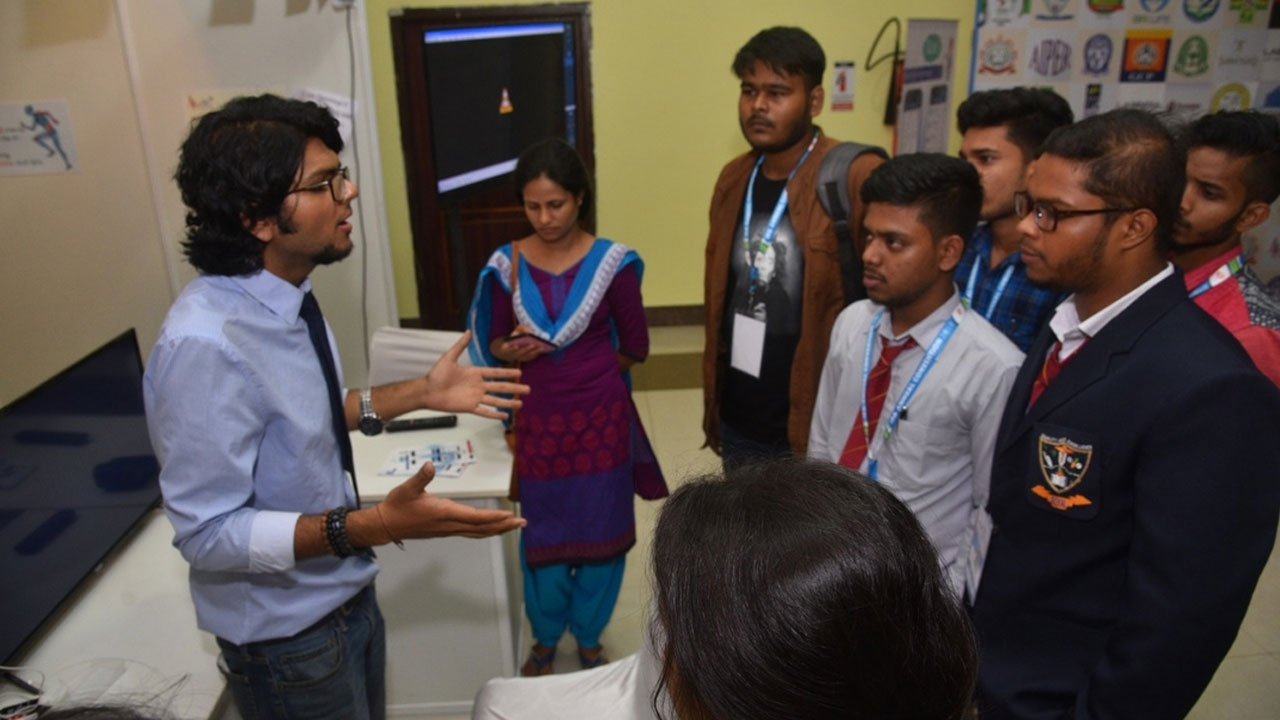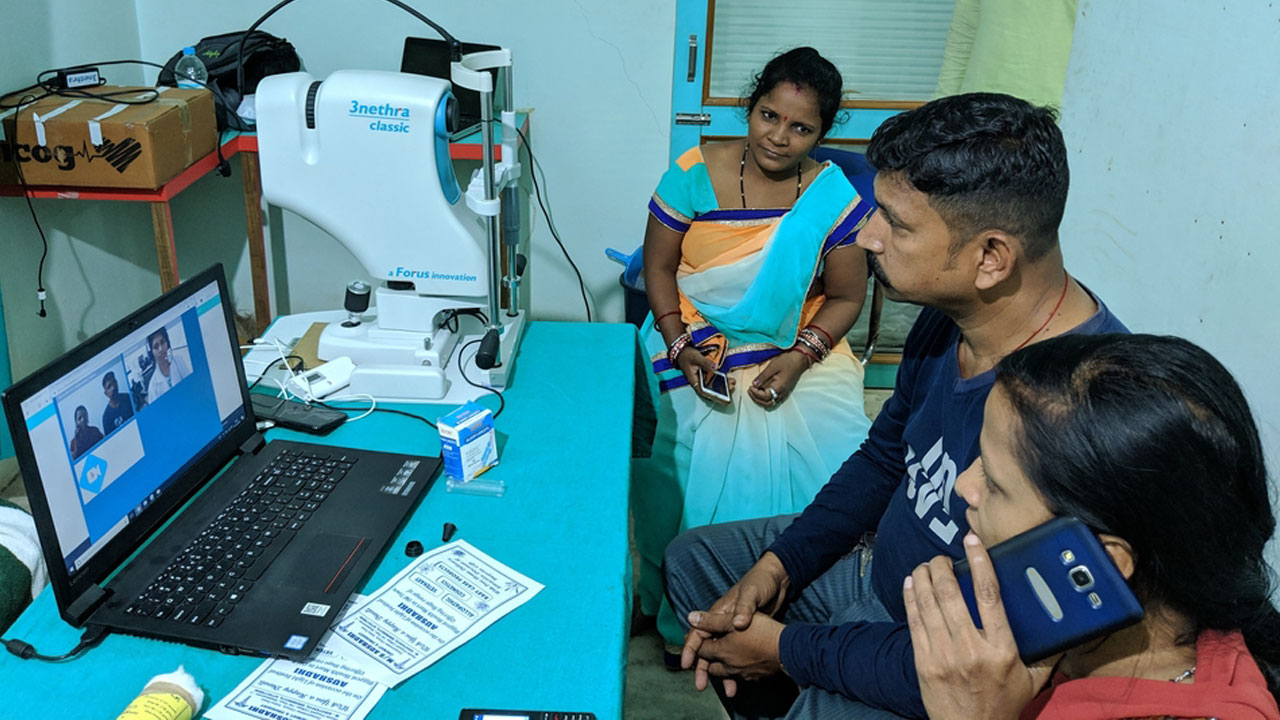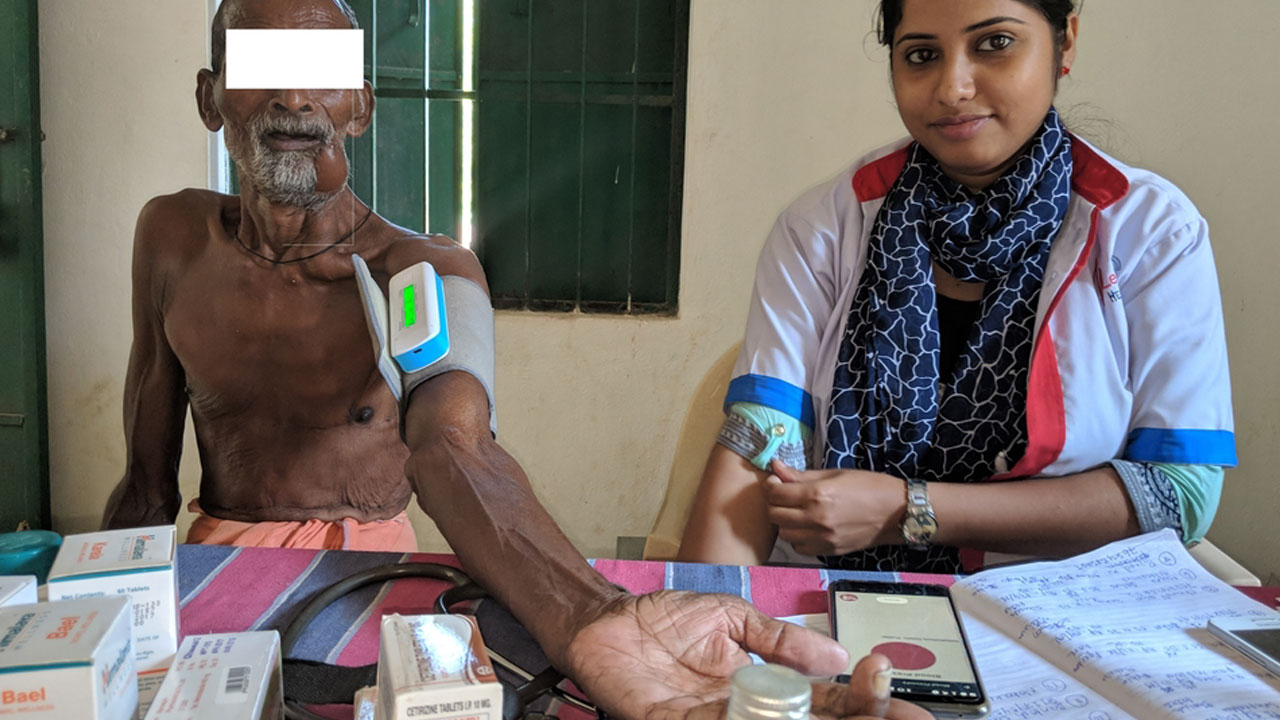India to University of Waterloo to India back, the solution to world’s largest health system was right under our nose
So, I sent in my resume and my cover letter to the HR department at Medtel and was eagerly waiting for them to reply. Within a span of 2 weeks, I was contacted by the CEO of the company Mr. Shashank Singhal. We chatted for a bit, and then he took my interview, all on the phone. To my surprise, he was one of the most down to earth CEOs and an intellectually humble person to talk to. It took another week and I had the offer letter in my hand. I was looking forward to this opportunity so much that buying a plane ticket back to India seemed like a cake walk.
Medtel is the solution to the depreciating health standards of India. Urban areas are saturated with hospitals, it’s the people from rural areas who have to travel for hours and days at a time to get themselves treated or even checked for basic diseases. What Medtel does is, it ties up with the local pharmacies and sets up a TeleHealth pod (THP), which is basically like a walk-in clinic, proficient in all point of care devices like urine analyzer, ECG, lipid profile, glucometer, HbA1c,otoscopy etc., which provides data to a cloud in real time for the specific doctor to see. It’s equipped with a trained and certified paramedic who knows how to operate these very easy to use devices and helps the patient fill out the basic details like phone number, age, weight, allergies, symptoms, images (for skin diseases) etc on the Medtel app. Medtel is giving all the necessary information which is required by the Doctor to make an accurate diagnosis and then to foolproof the concept and take every aspect of the patient needs, a video or an audio conferencing is done connecting the patient to the Doctor via the patient’s phone through Medtel app or any smart device which all THPs are equipped with.
Abhishek Sain
Health Enthusiast @ MedTel
Department of Applied Health Sciences
University of Waterloo





